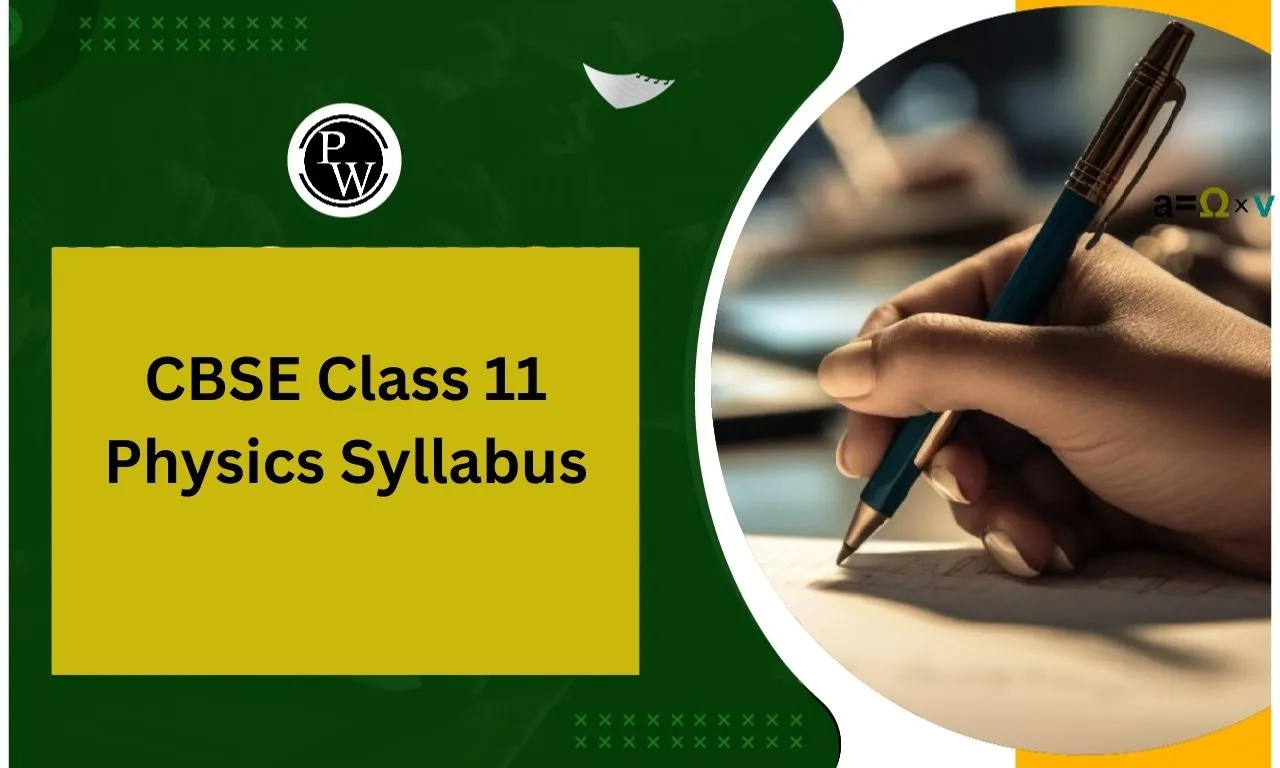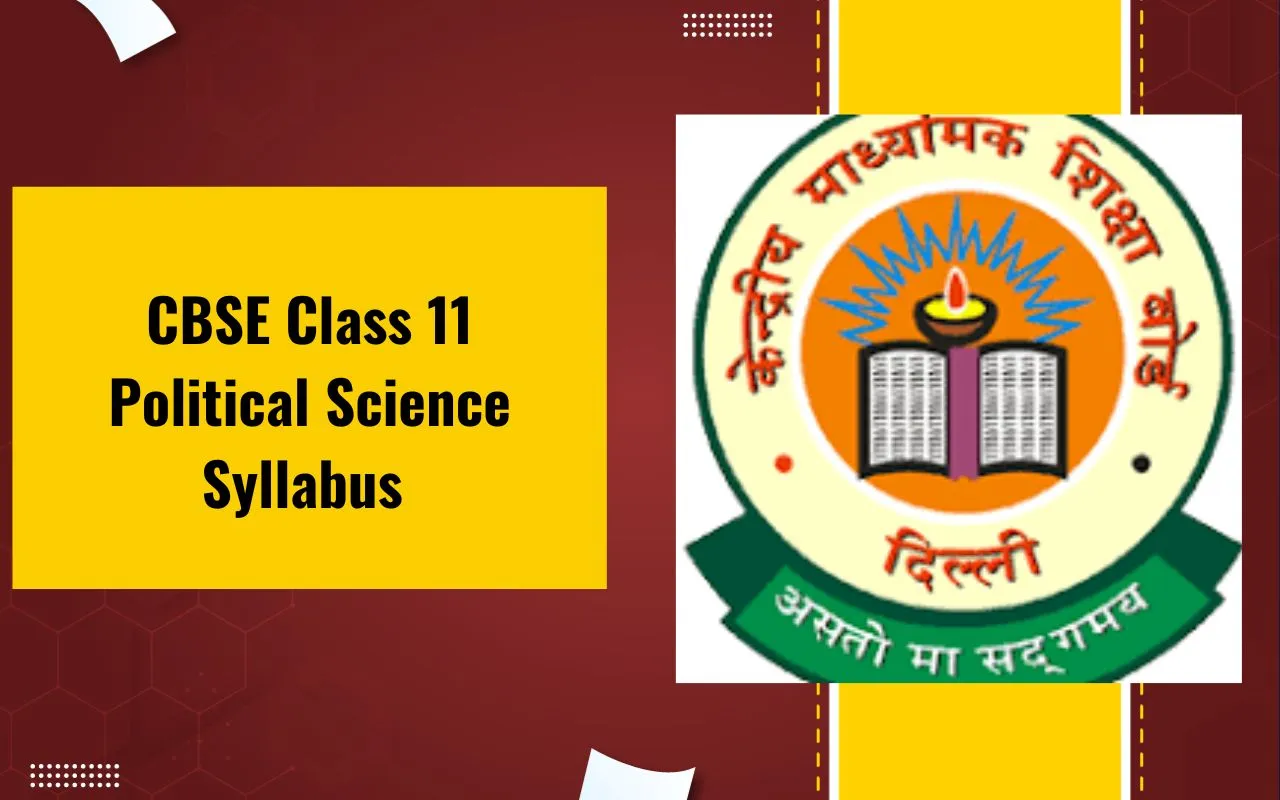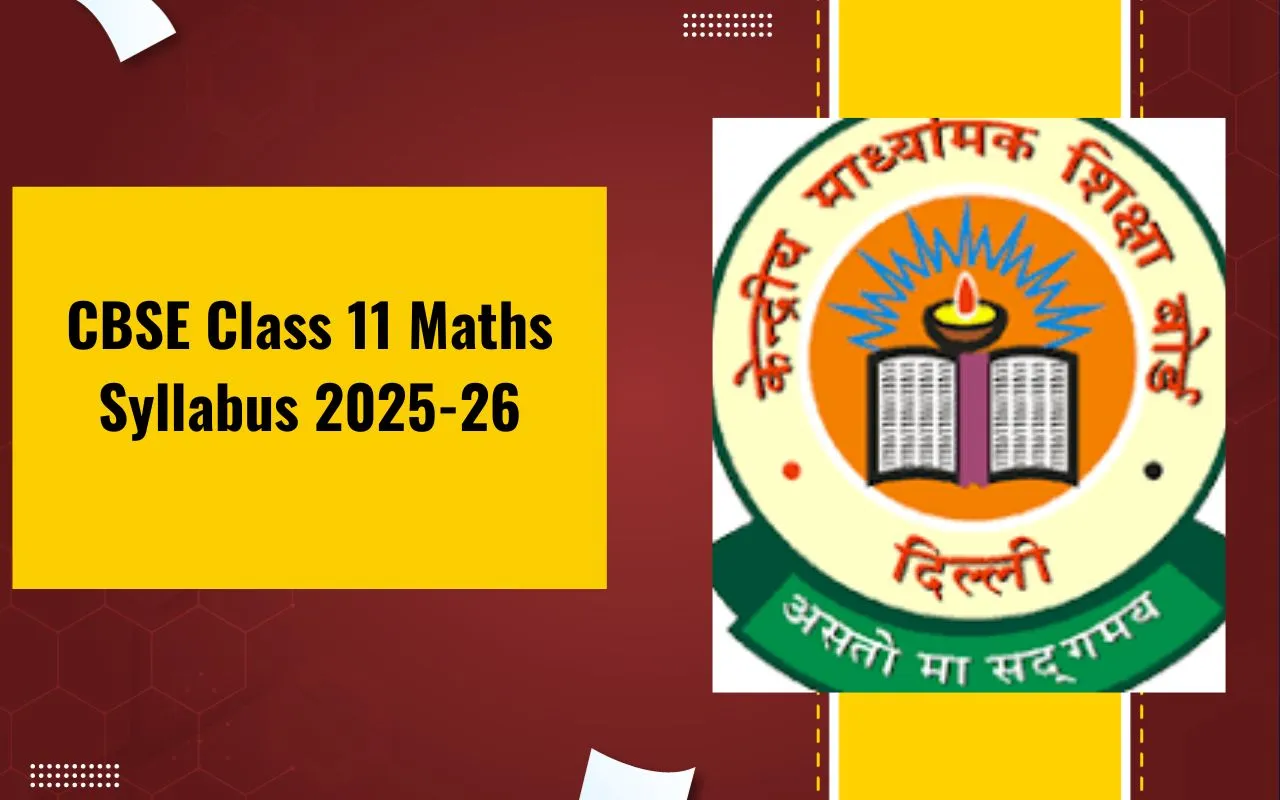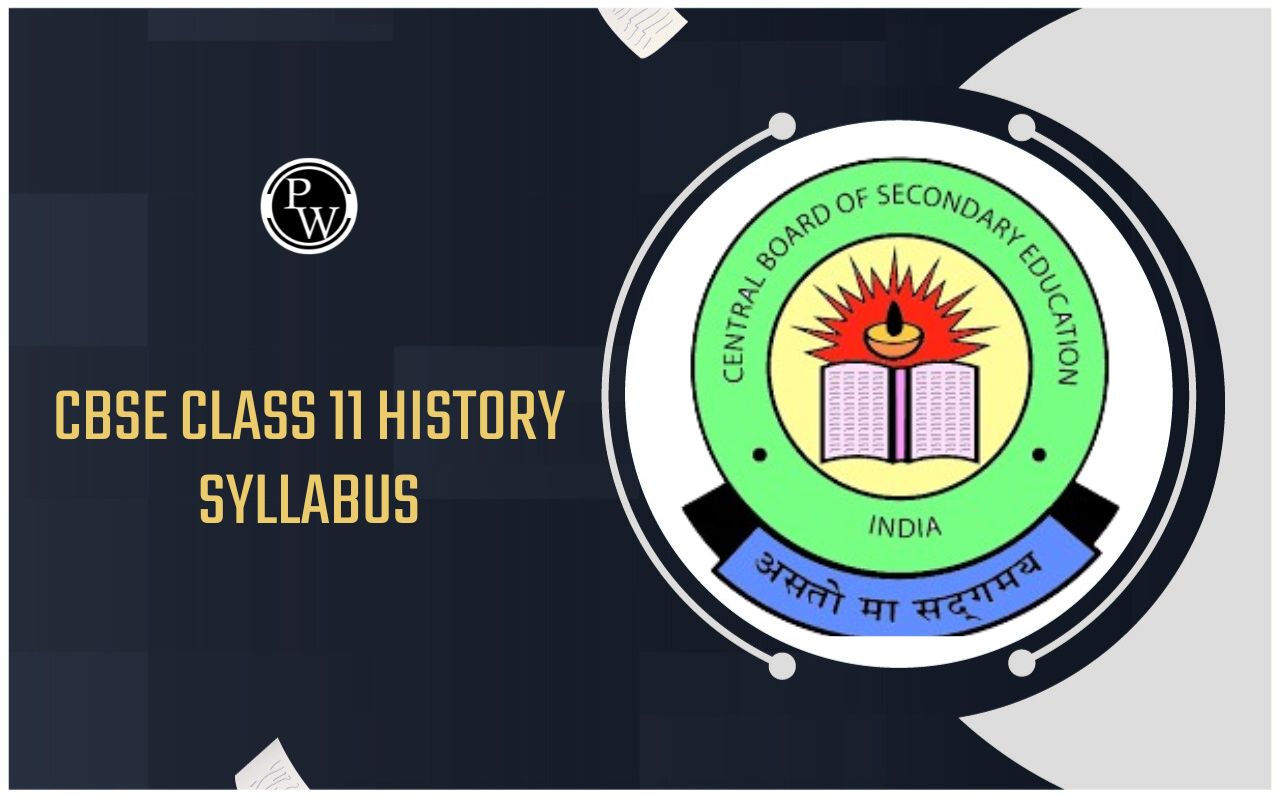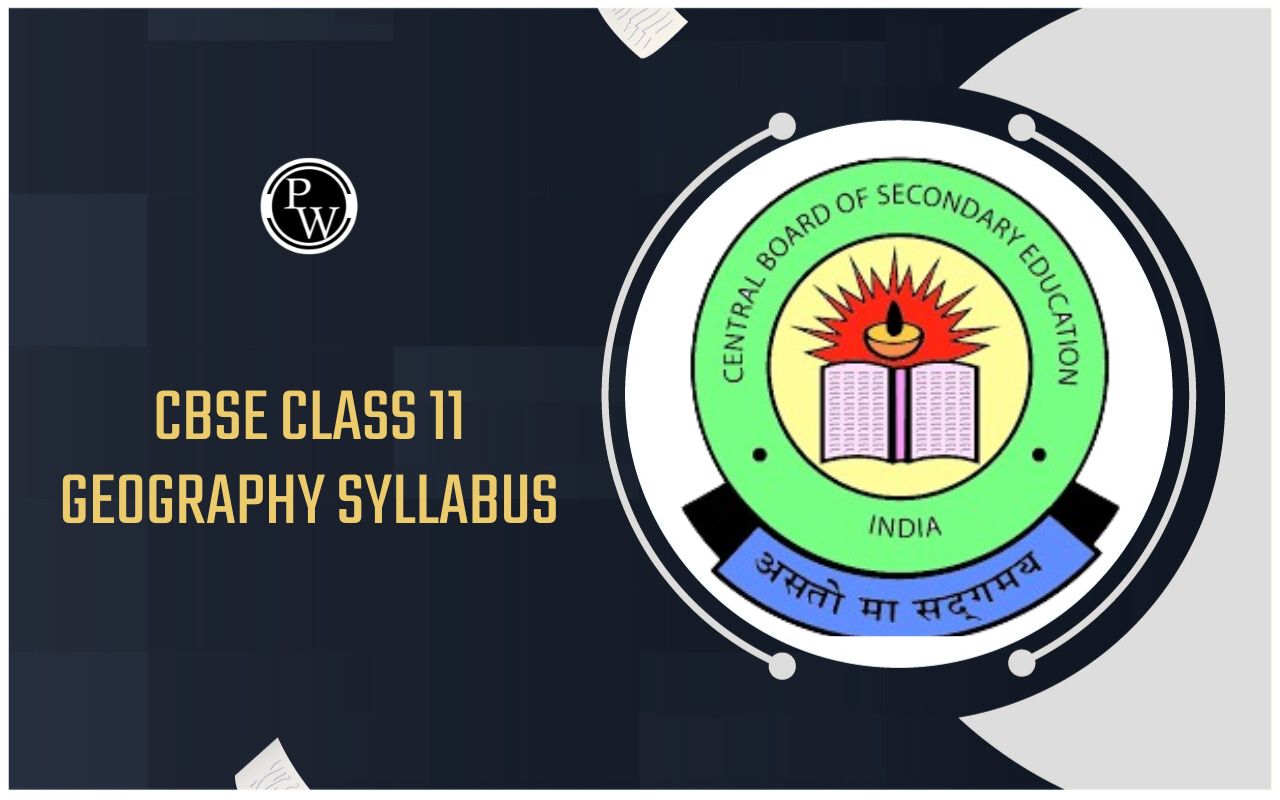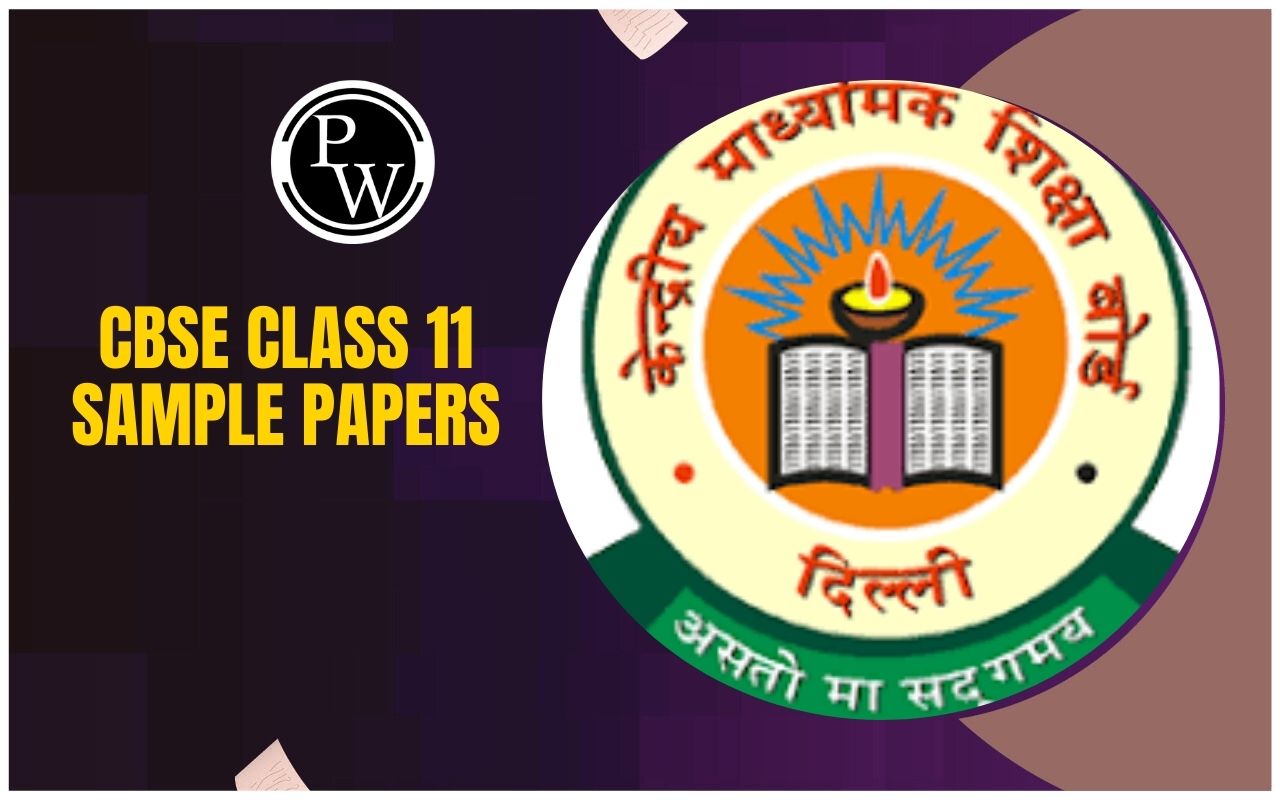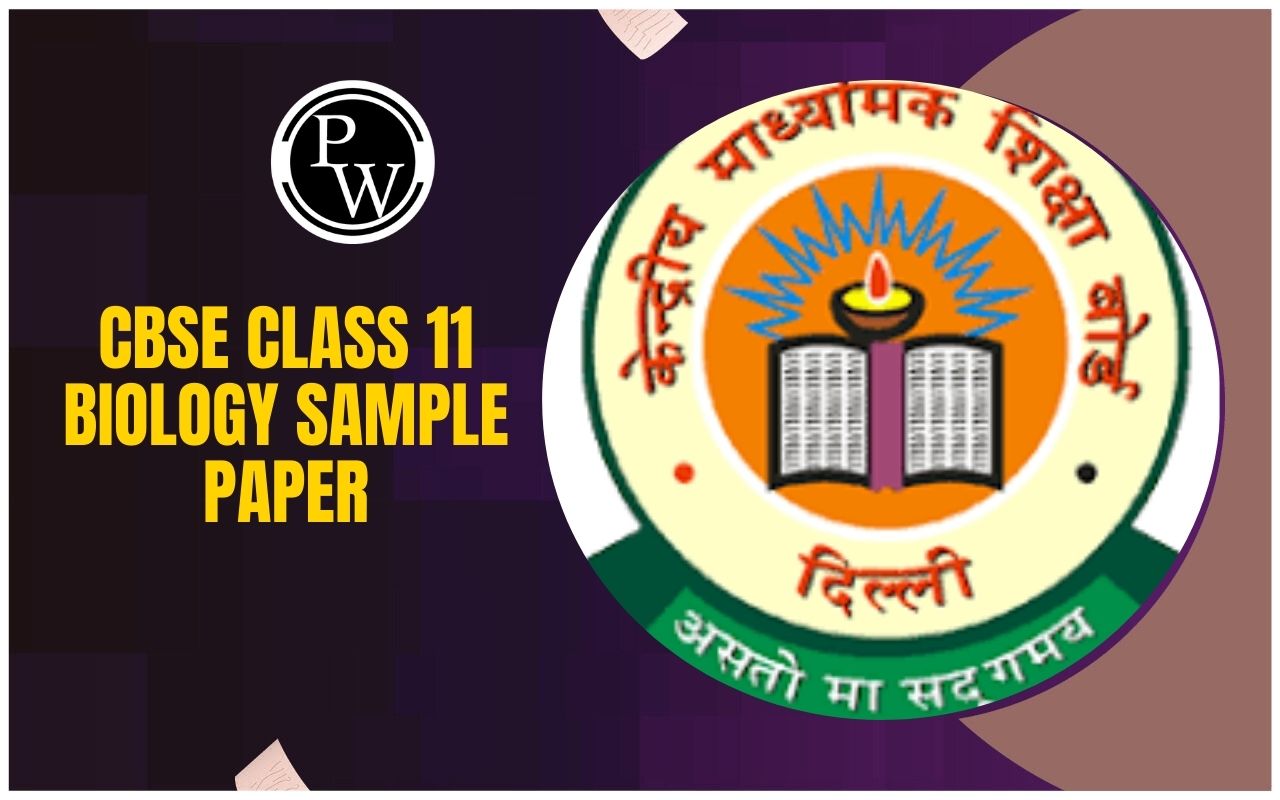
CBSE Class 11 Exam Pattern 2025: The CBSE Class 11 Exam Pattern for 2025 focuses on competency-based learning to promote critical thinking and conceptual clarity
The question paper is divided into three parts: 50% competency-based questions, 20% multiple-choice questions (MCQs), and 30% short and long answer-type questions.
Subjects with practicals have a 70:30 split between theory and practical marks, while those without practicals follow an 80:20 theory and internal assessment pattern.
To pass, students must score at least 33% in both theory and practical/internal assessments. This updated pattern aligns with the National Education Policy (NEP) 2020 and prepares students for real-world applications.
CBSE Class 11 Exam Pattern 2025 Key Highlights
Competency-Based Questions: These assess the application of concepts in real-life scenarios, including case-based and source-based questions.
MCQs: Designed to evaluate critical thinking and decision-making skills.
Constructed Response Questions: Short and long answer-type questions to test descriptive understanding.
Passing Criteria: Students must secure at least 33% marks in both theory and practical/internal assessments to pass each subject.
Note: These changes aim to reduce rote learning and encourage deeper comprehension, aligning with the National Education Policy (NEP) 2020.
CBSE Class 11 Marking Scheme 2025 Subject Wise
Below is the subject-wise marks distribution for CBSE Class 11 for the academic year 2025–26:
This distribution aligns with the CBSE guidelines for the 2025–26 academic session. For detailed chapter-wise weightage and syllabus, you can refer to the official CBSE curriculum documents or consult your school's academic resources.
|
CBSE Class 11 Marking Scheme 2025 Subject Wise |
||
|
Subject |
Theory Marks |
Practical/Internal Assessment Marks |
|
Physics |
70 |
30 |
|
Chemistry |
70 |
30 |
|
Biology |
70 |
30 |
|
Mathematics |
80 |
20 |
|
English |
80 |
20 |
|
Accountancy |
80 |
20 |
|
Business Studies |
80 |
20 |
|
Economics |
80 |
20 |
|
Computer Science |
70 |
30 |
|
Geography |
70 |
30 |
|
Political Science |
80 |
20 |
|
History |
80 |
20 |
Subject Wise CBSE Class 11 Exam Pattern 2025
Below we have provided the subject-wise CBSE Class 11 Exam Pattern for 2025 for major core subjects like Physics, Chemistry, Mathematics, English, and more.
This distribution includes both theory and practical/internal assessment marks. Understanding the marks breakup will help students plan their preparation effectively and focus on scoring well in both the written and practical components.
CBSE Class 11 Exam Pattern 2025 for Physics
Physics in Class 11 lays the foundation for concepts in mechanics, thermodynamics, and motion. The exam pattern emphasizes conceptual clarity, real-life applications, and experimental skills. Below is the detailed exam structure and key topics for effective preparation.
|
Component |
Details |
|
Theory Marks |
70 |
|
Practical Marks |
30 |
|
Total Marks |
100 |
|
Exam Duration |
3 Hours |
|
Question Types |
MCQs, Short Answer, Long Answer, Case-Based Questions |
|
Key Topics |
Units & Measurements, Laws of Motion, Work & Energy, Gravitation, Thermodynamics |
CBSE Class 11 Exam Pattern 2025 for Chemistry
Class 11 Chemistry focuses on the molecular basis of matter, chemical reactions, and basic physical chemistry. The paper tests theoretical understanding and laboratory skills. The following table provides the marks distribution and essential topics covered.
|
Component |
Details |
|
Theory Marks |
70 |
|
Practical Marks |
30 |
|
Total Marks |
100 |
|
Exam Duration |
3 Hours |
|
Question Types |
MCQs, Short Answer, Long Answer, Case-Based Questions |
|
Key Topics |
Atomic Structure, Chemical Bonding, States of Matter, Thermodynamics, Equilibrium |
CBSE Class 11 Exam Pattern 2025 for Biology
Biology introduces students to the diversity and complexity of living organisms. The exam includes both theoretical and practical components, focusing on understanding structure, function, and physiological processes. Key exam details and topics are listed below.
|
Component |
Details |
|
Theory Marks |
70 |
|
Practical Marks |
30 |
|
Total Marks |
100 |
|
Exam Duration |
3 Hours |
|
Question Types |
MCQs, Short Answer, Long Answer, Diagram-Based Questions |
|
Key Topics |
Diversity of Living Organisms, Cell Structure, Plant Physiology, Human Physiology |
CBSE Class 11 Exam Pattern 2025 for Maths
Class 11 Mathematics strengthens analytical and problem-solving skills across algebra, calculus, and statistics. The exam includes a variety of questions aimed at testing application and understanding. Check the table below for the detailed exam format and major chapters.
|
Component |
Details |
|
Theory Marks |
80 |
|
Internal Assessment |
20 |
|
Total Marks |
100 |
|
Exam Duration |
3 Hours |
|
Question Types |
MCQs, Very Short, Short, Long Answer, Case Study Questions |
|
Key Topics |
Sets & Relations, Trigonometry, Calculus, Linear Inequalities, Statistics & Probability |
CBSE Class 11 Exam Pattern 2025 for English
English Core aims to enhance language proficiency through reading, writing, grammar, and literature. The exam assesses comprehension, creativity, and expression. The table below outlines the paper pattern and main components of the Class 11 English syllabus.
|
Component |
Details |
|
Theory Marks |
80 |
|
Internal Assessment |
20 |
|
Total Marks |
100 |
|
Exam Duration |
3 Hours |
|
Question Types |
Reading Comprehension, Grammar, Creative Writing, Literature-Based |
|
Key Topics |
Comprehension Passages, Letter & Article Writing, Hornbill & Snapshots (Prose & Poetry) |
How CBSE Class 11 Exams Will Be Conducted in 2025
In 2025, CBSE Class 11 exams will follow an updated pattern emphasizing conceptual understanding and practical application. The assessment structure includes 50% competency-based questions, 20% multiple-choice questions (MCQs), and 30% constructed response questions (short and long answers).
Subjects with practical components, such as Physics, Chemistry, and Biology, will have a 70:30 split between theory and practical assessments, while subjects without practicals will follow an 80:20 division between theory and internal assessments. This revised pattern aligns with the National Education Policy (NEP) 2020, aiming to reduce rote learning and enhance critical thinking skills among students.
Important Guidelines for CBSE Class 11 Examination 2025
Below, we have provided some important guidelines that students must keep in mind -
Students must have at least 75% attendance to be eligible for final exams (medical or exceptional cases may be considered with valid proof).
Admit cards are mandatory for appearing in exams. School ID (for regular students) or Govt. ID (for private candidates) must be carried.
Only essential stationery (pen, pencil, eraser, scale, transparent pouch, water bottle) is allowed.
Electronic devices like mobile phones, smartwatches, and calculators (unless permitted) are strictly prohibited.
Schools must conduct practical exams within the given schedule, with prior notice to students.
Students should ensure complete and updated lab records and project files.
Practical assessments include experiments, project work, and viva voce.
CBSE Class 11 Exam Pattern 2025 FAQs
What is the total mark for each CBSE Class 11 subject?
How are theory and practical marks divided in science subjects?
What is the theory and internal marks split for non-practical subjects?
What percentage of questions are competency-based?


